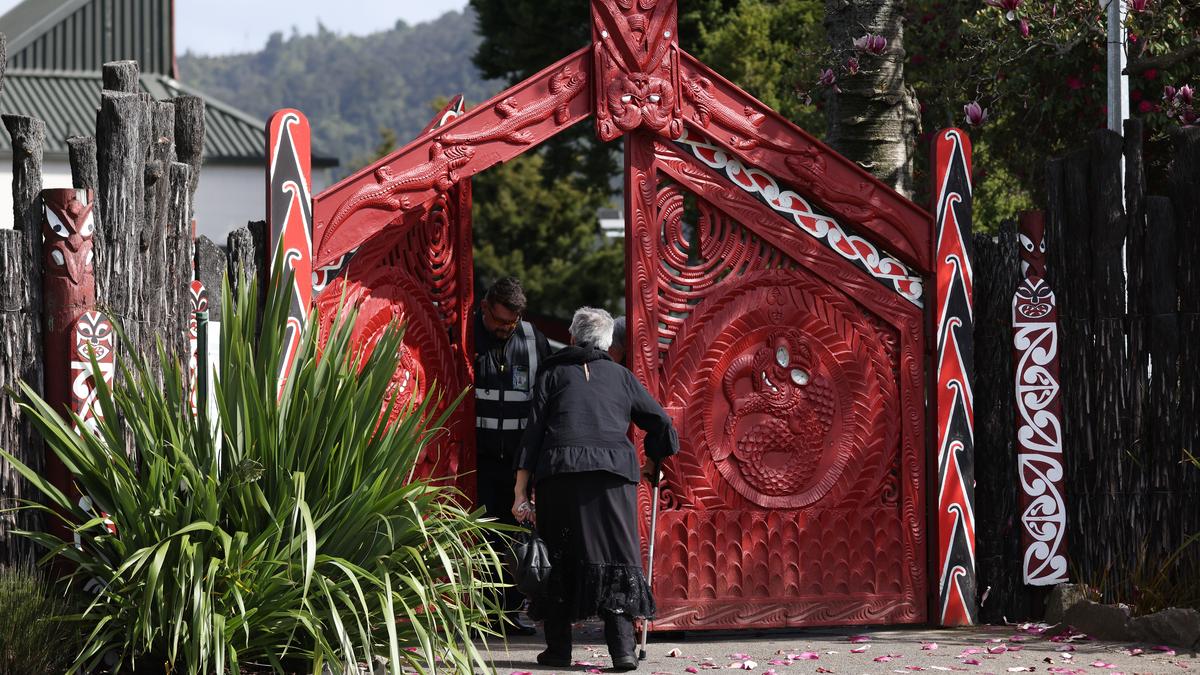New Zealand’s Māori King, Kiingi Tuheitia Pootatau Te Wherowhero VII, died on August 30, 2024, at the age of 69, days after celebrating his 18th year on the throne. His death marks a significant moment for the Māori people and New Zealand as a whole. Tuheitia, the seventh monarch in the Kiingitanga movement, held a position established in 1858 to unite New Zealand’s Indigenous Māori tribes in the face of British colonization.
A Legacy of Unity and Preservation
The Kiingitanga movement’s primary goals were to resist the encroachment of British colonialism, preserve Māori culture, and end inter-tribal warfare. It sought to reclaim Māori autonomy and sovereignty over their lands and resources. The movement was instrumental in establishing a platform for Māori self-determination and cultural preservation.
The Role of the Māori King
While largely ceremonial, the Māori King plays a consequential role in New Zealand, where Māori make up almost 20% of the population. Tuheitia was deeply respected for his leadership in upholding Māori values and traditions. His commitment to te ao Māori (the Māori world) and his efforts to ensure Māori voices are heard have been recognized widely.
A Leader for Change and Reconciliation
In recent months, Tuheitia coordinated national unity talks for Māori in response to policies of the center-right government, led by Prime Minister Christopher Luxon. Critics of the government accuse it of being anti-Māori for rolling back policies favoring Indigenous people and language.
Navigating Political Turmoil
Tuheitia played a critical role in bringing together different Māori groups to discuss their concerns and aspirations. His leadership provided a much-needed space for dialogue and collaboration, aiming to bridge divides and build consensus on crucial issues facing the Māori community.
A Shared Grief and A Vision for the Future
Tuheitia’s death was met with profound sadness throughout New Zealand, uniting communities across the country. Prime Minister Luxon and King Charles III, New Zealand’s constitutional head of state, both expressed their condolences and acknowledged Tuheitia’s significant contributions to the country.
A Legacy of Unity and Reconciliation
Tuheitia’s legacy is one of resilience, cultural preservation, and a tireless commitment to improving the lives of Māori. He will be remembered for his unwavering support for the Māori people and for his efforts to promote unity and reconciliation in New Zealand. His contributions will continue to be a guiding light for future generations, inspiring them to continue the work of maintaining Māori identity, culture, and self-determination.
Succession and the Future of the Kiingitanga
The seat of the King is held by the Tainui tribes in the Waikato region. The question of who will succeed Tuheitia on the throne remains unanswered, although it is expected that the transition process will follow traditional protocols and practices. Tuheitia’s death raises vital questions about the future of the Kiingitanga and the role it will play in New Zealand society.
A Time of Reflection and Resurgence
The passing of Kiingi Tuheitia marks a significant chapter in the history of the Māori King Movement. It serves as a poignant reminder of the rich heritage of the Māori people and their ongoing struggle for recognition, self-determination, and the preservation of their cultural values. It also presents an opportunity to reflect on the importance of continuing the journey towards a more just and equitable future for all.
Takeaways
- Kiingi Tuheitia Pootatau Te Wherowhero VII was the seventh monarch in the Kiingitanga movement, a vital institution for Māori unity and cultural preservation.
- His legacy centers around promoting Māori rights, reclaiming sovereignty, and fostering reconciliation between Māori and non-Māori communities in New Zealand.
- Tuheitia’s death comes at a time of increased tensions between Māori communities and the government over policies affecting Indigenous rights.
- The transition to a new Māori King offers a chance to reflect on the future of the Kiingitanga and its role in advocating for Māori self-determination and well-being.
- Tuheitia’s leadership and unwavering dedication to the Māori people serve as an inspiration for future generations to continue fighting for their rights and preserving their cultural heritage.




